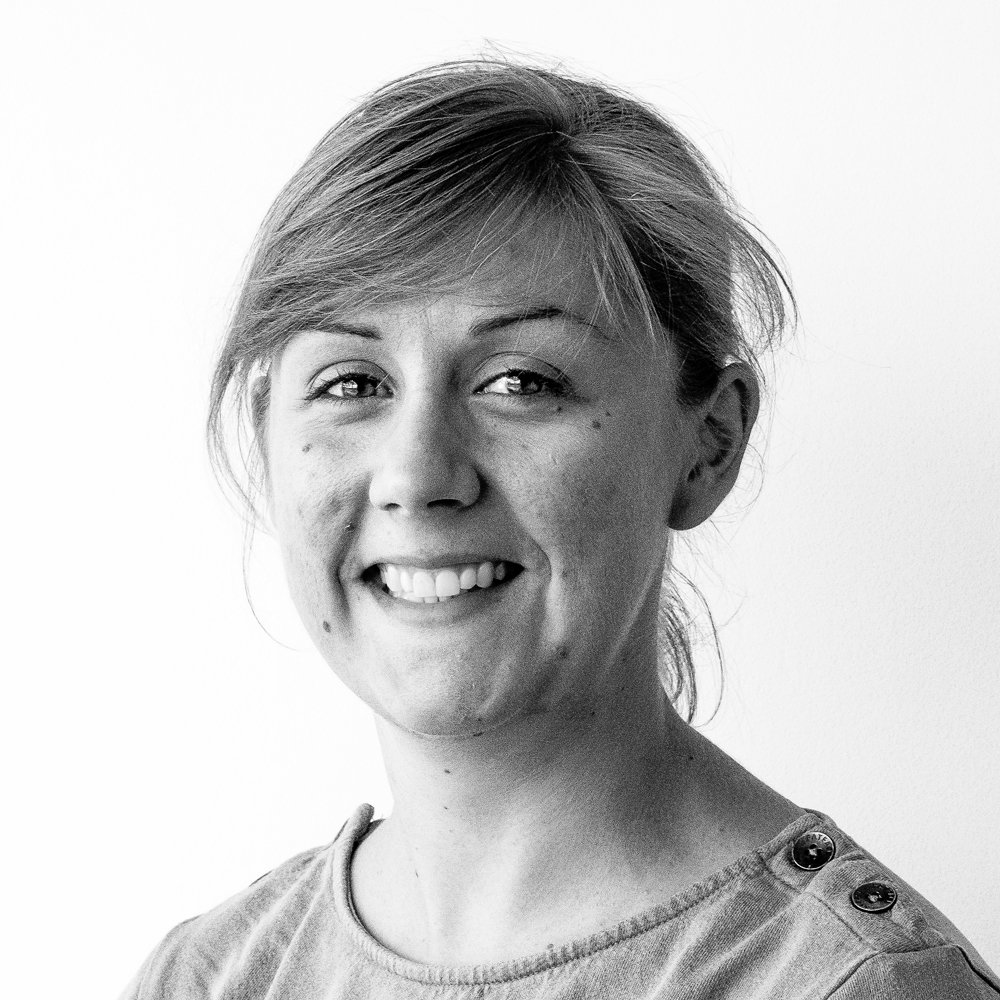Updated 31 January 2020

Having joined Featurespace in 2016 after completing her PhD in Chemistry, Lucy wanted to focus the problem-solving skills she gained from her academic background, in a business environment. She started as a Data Scientist, progressed through Senior, Lead, and Head of teams positions, and has since gone on to become our Director of Analytics, working on some of the most complex and exciting projects for the company’s key global clients in financial services.
I particularly enjoyed the data science aspect of my studies and using computer programming to extract knowledge from data, but I knew I wanted to move into the business world and apply these skills to real-world problems. I wanted to be able to get out there and be able to measure the impact of my work by improving a business’s bottom line or helping customers.
It’s great to be able to tell friends and family that you drive the decisions behind your bank calling to check if your transactions are fraudulent. Especially coming from an academic background, sometimes people can think what you do is incredibly complex, but when you explain, they realise it’s an interesting and tangible concept.
Measuring the impact of your work: daily life in the Data Science team
There’s a preconception that as a data scientist you can spend your time just building models and optimizing them, but the reality is that you need to understand a customer’s need and provide them with a solution – that accounts for about half of the job. You need to make sure you have the data available to solve the problem that’s presented to you by the customer and we achieve that by spending time with them, learning about how their business works and the problems they experience with fraud. That’s one of the things I really like about my role in data science – you’re not just tackling the technical nitty gritty, you’re also out there meeting with the customers. I enjoy those days the most!
If you are interested in Data Science, here is a quick tip from me
Data science is a really interesting field and there are plenty of resources out there to give you a good idea, but my biggest piece of advice is that you need to be willing to express yourself clearly and have a really good understanding of what you are doing. Do make sure that you are confident in the topics you already know and you’re able to explain why and how they work but also be open to take the time to learn.
Featurespace is a great environment to gain experience in data science, if you get stuck on something you can have a quick brainstorm with the team around you and generate new ideas together. Everybody bounces ideas off each other all the time and that’s a great help.
Share

